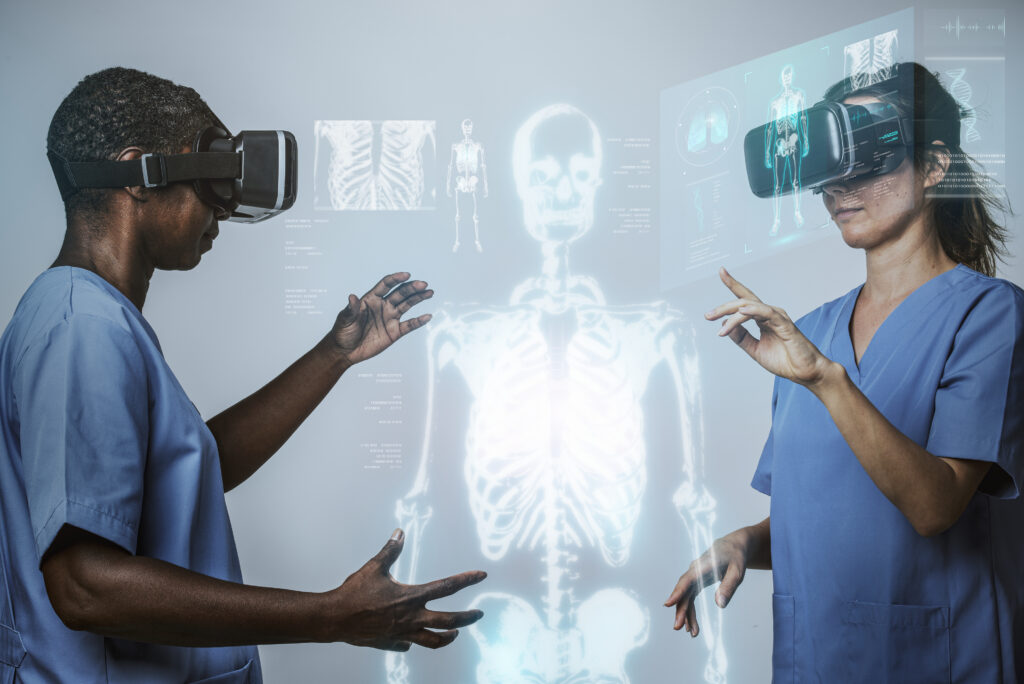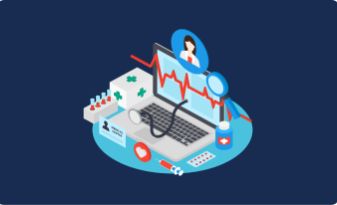The Rise of Biosimilars in Biopharma
Biosimilars are rapidly gaining traction in the biopharmaceutical industry as cost-effective alternatives to biologics. These products offer similar efficacy and safety profiles as their reference biologics but at a significantly lower cost, making advanced therapies more accessible to patients. What are Biosimilars? Biosimilars are biological products that are highly similar to an already approved biologic, known as the reference product. Unlike generic drugs, which are chemically synthesized, biosimilars are derived from living organisms and are therefore more complex. Market Growth and Opportunities The global biosimilars market is expected to grow exponentially, driven by patent expirations of blockbuster biologics and increasing demand for affordable healthcare solutions. Key therapeutic areas for biosimilars include oncology, autoimmune diseases, and endocrinology. Benefits of Biosimilars Cost Savings: Biosimilars significantly reduce healthcare costs, enabling broader patient access to life-saving treatments. Innovation: The development of biosimilars fosters competition, driving innovation in the biopharma industry. Healthcare Sustainability: By reducing the financial burden on healthcare systems, biosimilars contribute to long-term sustainability. Challenges in Adoption Despite their benefits, biosimilars face challenges such as regulatory hurdles, physician skepticism, and patient awareness. Educating stakeholders about the safety and efficacy of biosimilars is crucial for their acceptance. The Future of Biosimilars As more biosimilars enter the market, they are expected to play a pivotal role in making advanced therapies accessible to a larger population. The biopharma industry must continue to innovate and address barriers to adoption to unlock the full potential of biosimilars.








